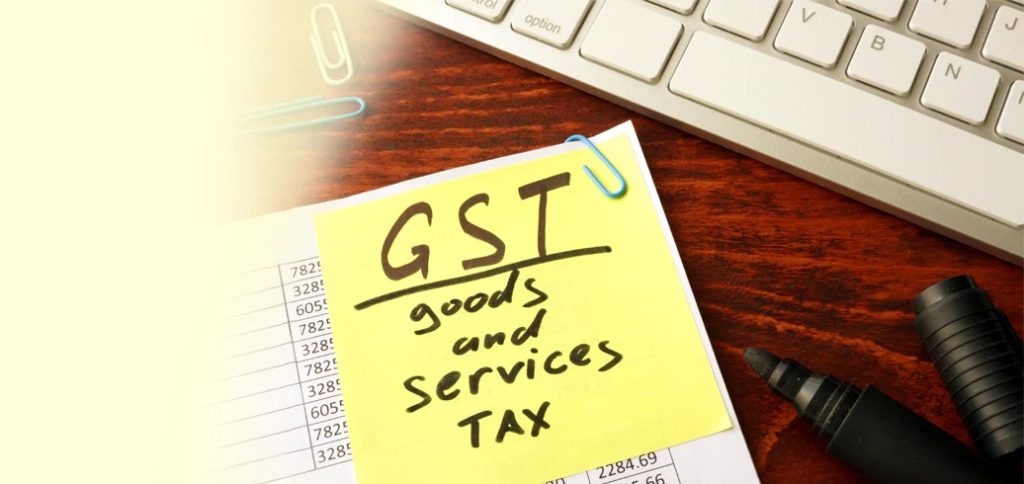
Personal loans today become quite a popular financing solution, allowing individuals to meet their financing gaps easily. With scope for high-value funding, these loans serve suitably in fulfilling big-ticket expenses. Plus, the fact that a personal loan is easily available through a loan app only makes these advances more accessible than ever.
Unlike earlier, when you could avail the financing only in person, today you can easily avail an online loan from the comfort of your home. This has resulted in a steady rise in the number of people opting for personal loans. Today, people apply for personal loans for diverse purposes. Be it changing their furniture or buying electronics, meeting medical emergencies or taking care of their travel expenses, a personal loan comes in handy.
However, before applying for a personal loan you must be aware of the fees and charges associated with a personal loan. In addition to your processing fee and any other upfront fees, your lender deducts the GST from your loan amount before loan disbursement.
Read on to understand more about the impact of GST on your personal loan.
What is GST and how does it affect your personal loan?
GST or Goods and Services Tax is an indirect tax that is levied on all eligible goods and services sold or provided in India. The implementation of GST as an indirect tax has eliminated the cascading effect that the earlier indirect tax structure in India had on various goods and services.
Implemented only back in the year 2017, GST has had a widespread impact on various industries, including the banking sector. It has, however, made accessibility to goods and services more affordable.
Back when service tax was levied on personal loans, the rate of levy stood at 15%. With GST the rate of levy stands at 18%. This increase of the GST rate by 3% may seem costlier. But the final impact of this levy is relieved as the chain of service availability under a personal loan disbursal process is not doubly taxable, as it used to be earlier. Thus, the final impact of GST levy is moderate.
Now, an 18% of GST might look like a tad high and may send an indication that personal loans have become costlier. But GST is not levied on the loan amount, or even on the repayable principal or interest amount. Below given are the instances where GST is chargeable on a personal loan.
- On processing fees
GST on personal loans is chargeable on the processing fees that the financial institution levies on this advance. Whether you are borrowing through a website or a loan app, this applicability remains the same. Now, since the processing fee in itself is nominal, GST applicability remains affordable even at 18%. As loan processing is a service that a lending institution provides to the borrower, GST is chargeable on this service.
Processing fees for personal loans are usually levied at a rate of 1 to 3% depending on the financial institution. So, if you are availing a personal loan of Rs.1 Lakh, processing fees would vary between 1 and 3% of this amount. Now, on this processing amount, which is just up to 3% of the total borrowing, a GST of 18% is levied, which is pretty nominal and affordable. Processing fees on personal loans ideally remain the most affordable when borrowing through reputed loan apps.
- On prepayment of personal loans
Another instance where GST may be chargeable on a personal loan is when you opt for a prepayment service. This means early repayment of your online loan before the due date. Many financial institutions provide prepayment services like part-prepayment and foreclosure for personal loans. GST on prepayments remains affordable too. It is applicable only on the loan principal outstanding that you are choosing to prepay and not the total repayment liability.
Prepayment charges on personal loans usually stand at 2% of the loan principal outstanding. So, if you have Rs.10, 000 outstanding and you choose to foreclose the entire loan principal through a lump sum payment, the processing fees for this prepayment would be only 2% of Rs.10, 000. Now, as GST is chargeable on the services, the foreclosure processing fees of 2% only are subject to a GST levy of 18%, which would be minimal.
- On balance transfer
A balance transfer is another service that financial institutions provide to personal loan borrowers. When transferring your outstanding loan principal to a new lender, the entire process is subject to two separate services. The existing lender needs to foreclose your loan account for it to be reopened with the new lender and hence charges foreclosure fees, where GST is levied.
Again, when the new lender opens your loan account and processes your loan, a fee is chargeable. Now, while the GST levy on both these services results in a nominal amount, it would be payable only when you opt for a balance transfer facility. It is important to calculate all these charges before opting for a balance transfer.
Conclusion
When availing a personal loan, you can assess the total cost of your loan beforehand to check your loan affordability based on all fees levied. On a loan app, all these charges are explicitly mentioned for easy assessment of your borrowing affordability. You can also assess the overall affordability of your loan by considering the EMIs and interest payable with the help of an EMI calculator available online.

